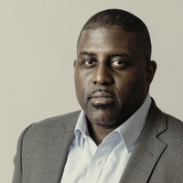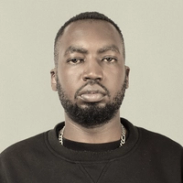 Florian Plaucheur/AFP via Getty Images Florian Plaucheur/AFP via Getty ImagesTHE NEWS NAIROBI — African film and TV producers are bracing themselves for tough times and leaner production budgets in 2024, despite the industry’s continued growth. Success in 2023 was driven by several major releases of African titles as streaming companies including Netflix and Showmax bet on their African slates to drive growth on the continent. Shows like South Africa’s Unseen and Shanty Town were some of the most viewed and attracted global attention, as did the Nigerian action thriller The Black Book which spent three weeks among Netflix’s top 10 English-language titles in the world. But multiple producers and executives in countries including Nigeria and Kenya, who spoke to Semafor Africa, said African producers in 2023 had to adapt to tighter production budgets driven by harsh macroeconomic conditions, and they expect more of the same in 2024. “People were faced with difficulty but they pushed past it,” said Enyi Omeruah, co-founder of Lagos-based production and talent management firm Chudor MMC. “It’s what we have done since before the world was paying attention.” Omeruah said that the weight of economic pressures including a weakening naira and rising fuel prices heavily constrained production budgets in Nigeria. KNOW MORE To grow their market share in Africa, streaming services including Netflix and MultiChoice-owned Showmax have, in recent years, invested heavily in producing or acquiring local content in key markets including Nigeria, Kenya and South Africa. Netflix says it invested $175 million in South Africa, Nigeria and Kenya between 2016 and 2022. South Africa accounted for eight out of the top 10 most watched African titles on Netflix in the first half of 2023, according to Netflix’s first-ever engagement report, with the other two from Nigeria. The data, however, doesn’t account for African titles released after June 2023 including films such as The Black Book, which was released in September. The data seems to align with research which shows that South Africa accounts for 73.3% of Netflix subscriptions in Africa, followed by Nigeria with 10.5% and Kenya with 3.9%.  | 









